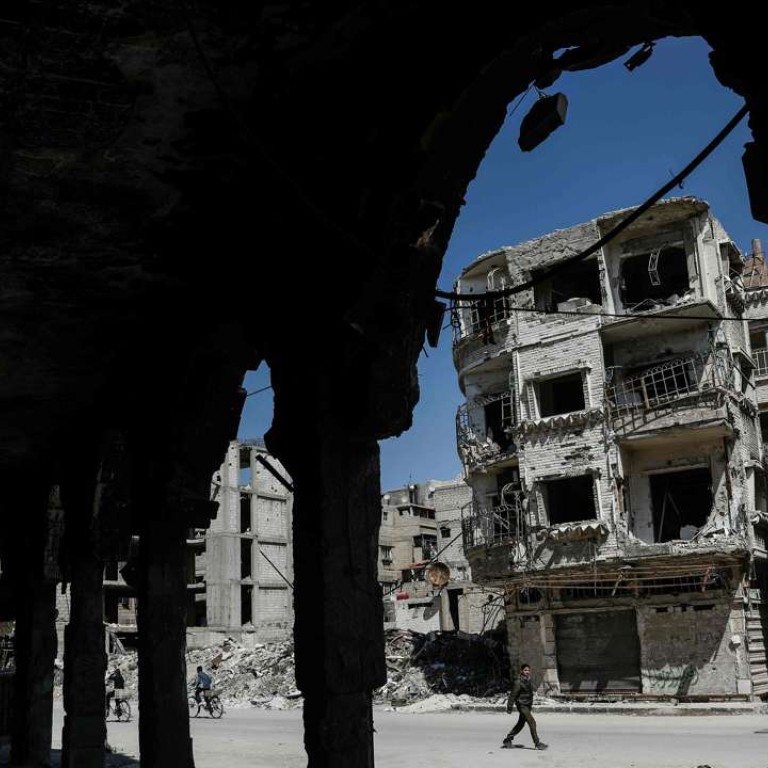
The message US missiles in Syria carry for regional power struggle
The balance of power in the region gets more complicated by the day. US missile strikes in Syria are merely the latest twist, as unforeseen events are likely to continue to muddy the geopolitical waters
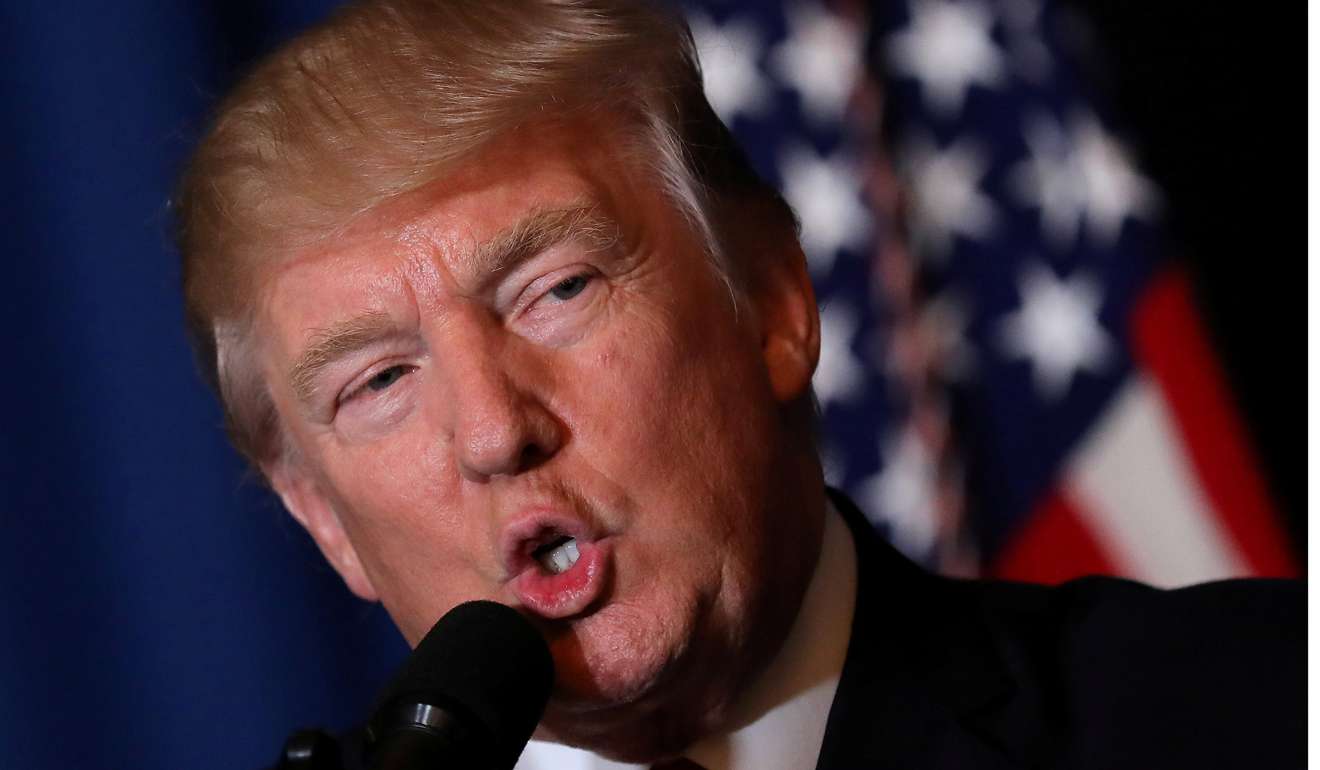
Trump may not have a clearly formulated policy framework. Or maybe he does – he has repeatedly stated that he would not broadcast his intentions. Whichever it is, he is keeping China on its toes with regard to North Korea. He is also keeping Iran guessing, particularly given the chances that President Hassan Rouhani could lose the forthcoming May election to a hardliner.
Predictions the US would cease being the guarantor of world order are premature, even if one is seeing a roll-back on liberal US values such as human rights. This means that the often unspoken notion that China may emerge as an unchallenged power in Eurasia and beyond is equally premature.
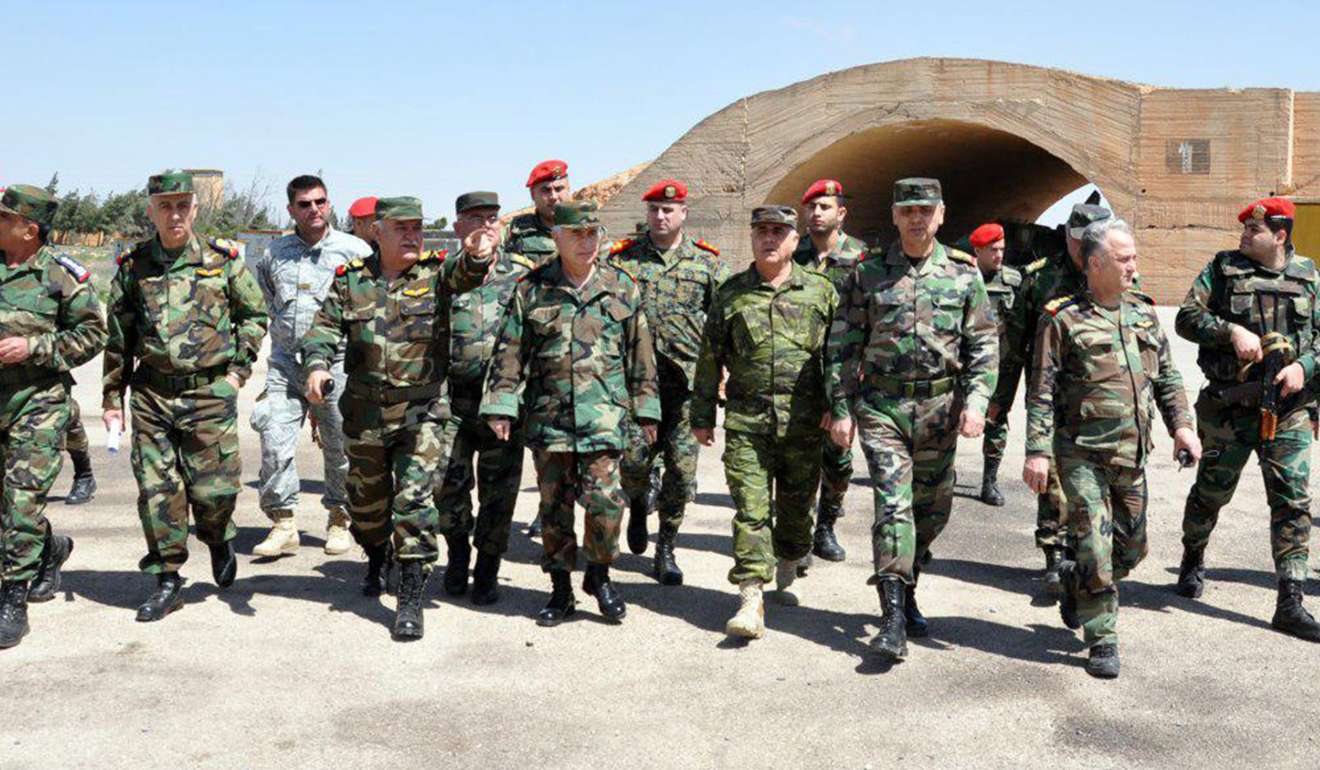
No doubt China will be a dominant player, but it will be one of two, and more probably three players, the US and India being the others. It will have to manoeuvre in a multipolar world. And that may be one of the takeaways from this week’s missile strikes in Syria.
Why China, India and the Dalai Lama are pushing the boundaries in Tawang
States across Eurasia may be pivoting towards China, but many are hedging their bets. As Saudi Arabia’s King Salman toured Asia last month, his son and powerful Deputy Crown Prince Mohammed Bin Salman travelled to Washington. Middle Eastern autocrats have embraced Trump lock, stock and barrel, including his controversial travel ban. If anything, the missiles strikes in Syria cemented that. The same hedging strategy is true for democracies such as Sri Lanka and Myanmar.
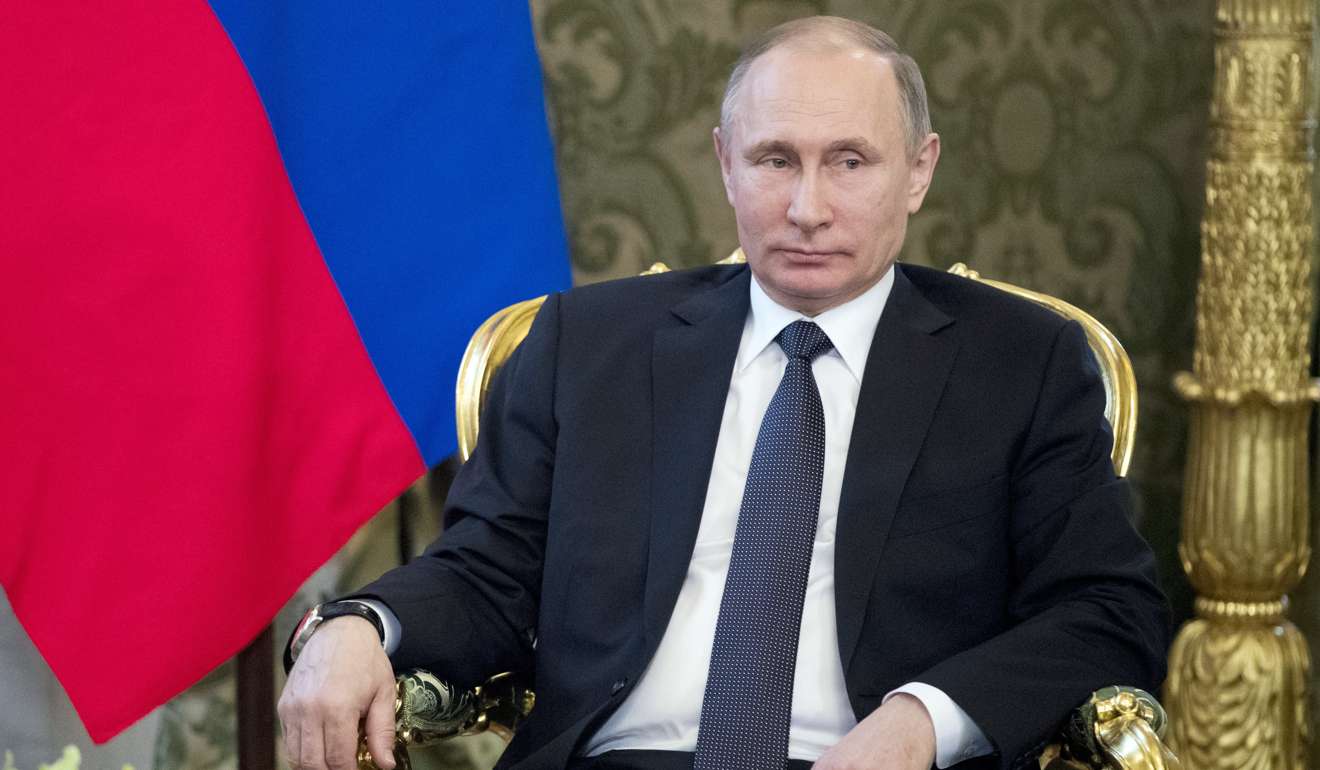
The United States, China and Russia are placing their bets on unstable autocracies. No bet is shakier than the one Russia and Iran have placed on Syrian President Bashar Al-Assad. He is damaged goods, a pariah, no matter what happens. Russia and China, and the US to a lesser extent, run a similar risk in Central Asia.
China’s riskiest and perhaps largest bet may well be in Pakistan. The risks are multifold and include unease about investment terms that could create a debt trap and raise questions about its lack of a trickle-down effects and its potential to dry up the Pakistan economy.
Protests have also disrupted China’s plans for a port and special economic zone in Sri Lanka’s Hambantota. The city’s gleaming, Chinese-built airport operates all of four flights a day.
What a stronger Modi means for China
The port of Gwadar, a key node in China’s “String of Pearls”, a network of ports across Eurasia, was first inaugurated nine years ago. It’s not much more active than the airport in Hambantota.
But what makes Pakistan China’s riskiest investment goes beyond perceptions of inequity.
Balochistan is engulfed in an insurgency whose connotations go far beyond ethnic and nationalist aspirations. Political violence there is as much an expression of long-standing local grievances as it is linked to a Pakistani state that sees militant proxies as part of its security, defence and foreign policies. Sunni Muslim ultra-conservatism has been embedded in significant segments of society as well as key branches of the state creating an environment in which the potential of violence is significantly enhanced. While Gwadar idles, Chabahar, an Indian-built port in Iran, some 60km west, is likely to push ahead.
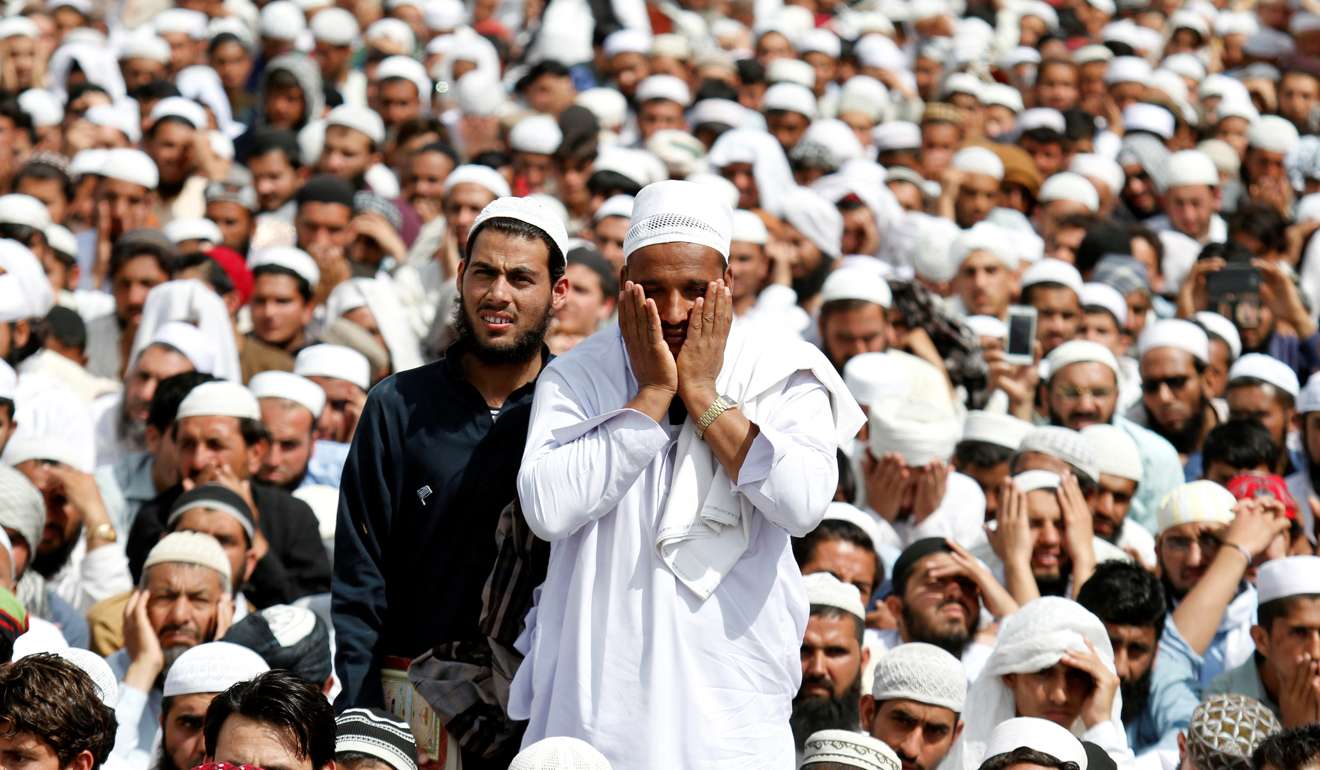
Pakistan is emblematic of the impact of Saudi Arabia backing ultra-conservatism in cooperation with governments willing to play politics with religion. Yet, the rise of Sunni Muslim ultra-conservatism and limited Iranian successes in countering it contributes to the groundwork for domestic strife and instability.
Despite widespread perceptions and success in ensuring that ultra-conservatism is an influential player in Muslim majority countries and minority communities alike, Saudi Arabia has a weak hand. That is nowhere more evident than in energy industries. What will determine the future of Eurasia’s energy landscape will not be Saudi oil but Iranian and Turkmen gas. Energy scholar Michael Tanchum estimates that Iran will likely have 24.6 billion cubic metres of gas available for export in the next five years. That is enough to service two of Iran’s three major clients, Turkey, Europe and China.
Exclusive: How China-Sri Lanka relations are getting new wings
Wracked by internal political and economic problems, Europe may not have the wherewithal for a geopolitical battle. Yet, despite also having a weak hand, it could come out on top in the play for energy dominance. US backing of India and efforts to drive wedges into mostly opportunistic alliances – China and Russia, and Russia and Iran – could help Europe.
Similarly, a hard US line towards Iran, particularly if Rouhani is defeated in the next election, buys Saudi Arabia time. Assuming, last week’s missile strikes in Syria were not a one-off after which the US reverts to a more isolationist attitude, greater US assertiveness could temporarily drive China and Russia and Russia and Iran closer together. That, however, would not make inevitable differences between them go away.
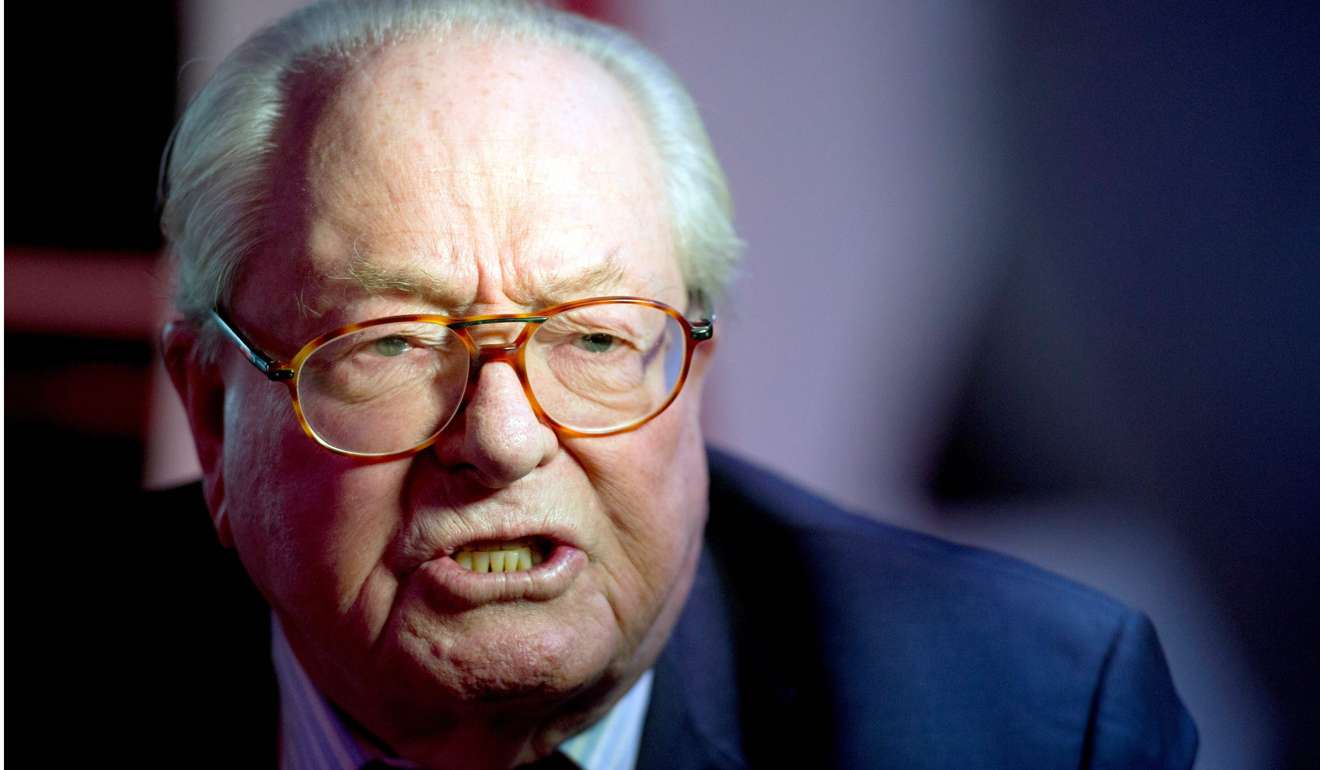
If much of Trump’s initial period in the White House was marked by a sense of insecurity and defensiveness about the legitimacy of his election, the missile strikes that enjoyed bipartisan and broad international support may have put that behind him. That has implications for the impact of US investigations into Russian meddling in the US elections that benefit not only Russia but also China. And it has an impact on populists in Europe with hopes for electoral success in France and Germany who in many ways are inspired by Trump’s success and may not want to stray too far from his policies, despite initial criticism of the strikes by the likes of French populist leader Marie le Pen.
The long and short of this all is:
● First and foremost, the future of Eurasia is up for grabs.
● Multiple players, major ones like China, India and the United States, and lesser ones like Russia, Japan and Middle Eastern states, are jockeying for position.
● No one player is likely to emerge as the clear winner.
● Energy and ports are key pawns in the Great Game
● Black swans – unforeseen events – could well determine the fate of various players. This is certainly true for Central Asian states but equally true for Middle Eastern ones, including those such as Saudi Arabia that recognise that the status quo can no longer be maintained and that survival depends on successful efforts to upgrade autocracy for the 21st century.
● In a world of interdependence, it may well be developments in states such as those in Central Asia and the Middle East that determine the fate of strategies of the major players. ■
James M. Dorsey is a senior fellow at the S. Rajaratnam School of International Studies and co-director of the University of Würzburg’s Institute for Fan Culture

